PHINANCE TECHNOLOGIES
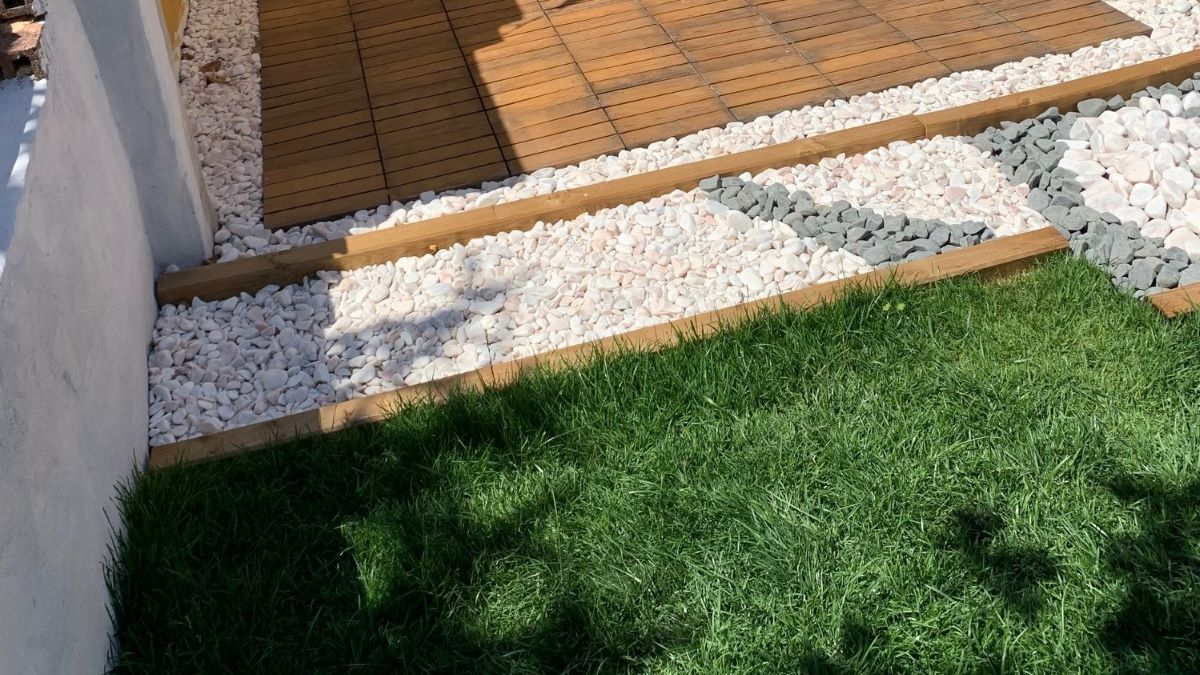
PHINANCE TECHNOLOGIES
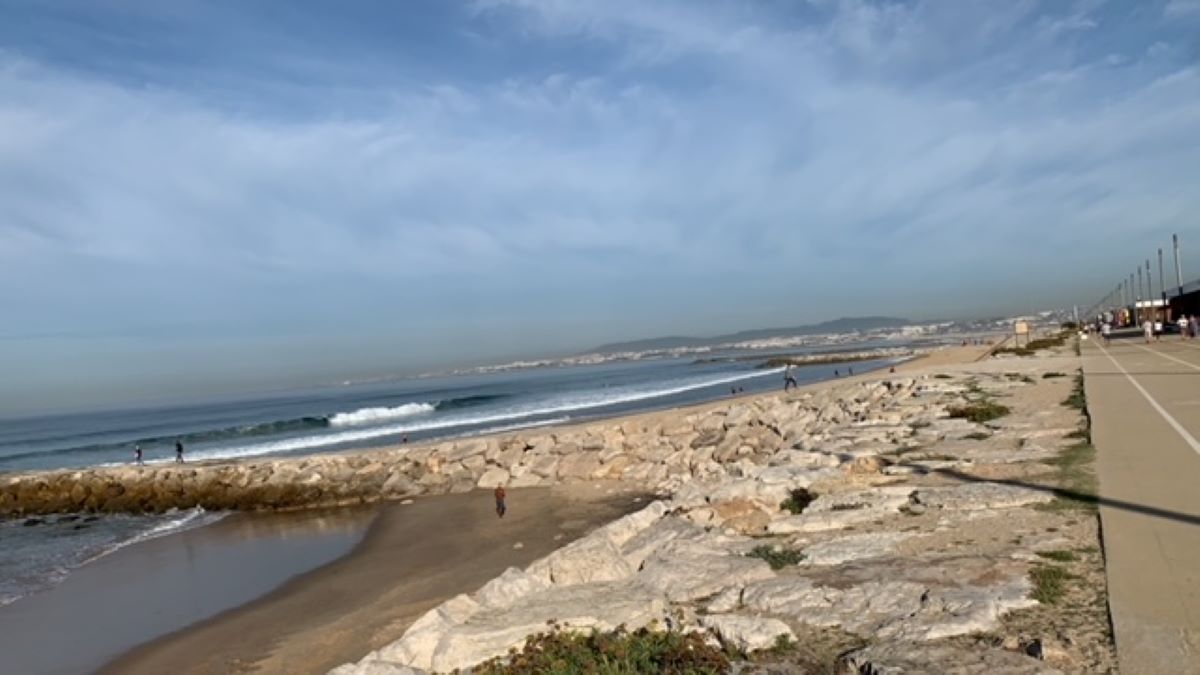
Our second office
The infinite atlantic ocean.
PHINANCE TECHNOLOGIES
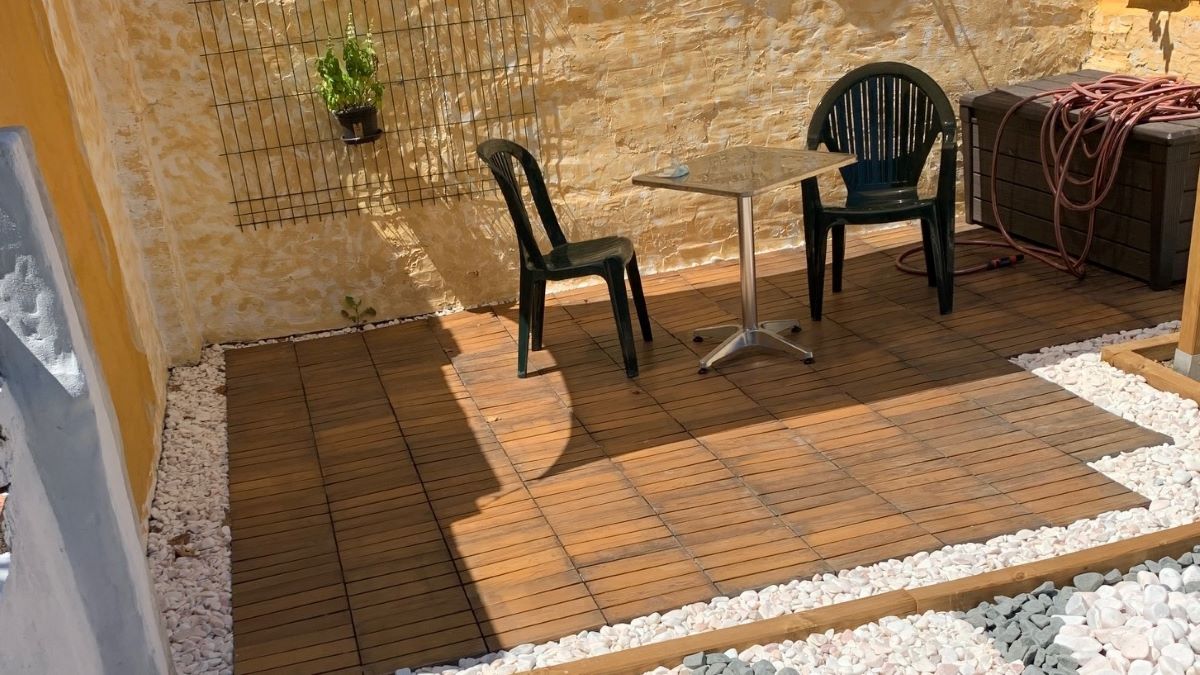
What we do
We build knowledge
We transform:
DATA into
INFORMATION
into
KNOWLEDGE into
DECISION MAKING
Our passion is to add value, by building knowledge using data driven research processes.
With knowledge, informed decisions can be made, with the possible risks and rewards emerging organically from the process.
Research Process
We build knowledge
To build knowledge, we ask the right questions and then find out the answers through our data-driven information gathering processes.
The research process is iterative, running through several feedback loops which lead to increased refinement of our final knowledge.
Typical research feedback loop:
Questions asked -> data analysed -> information acquired -> add to knowledge -> Questions asked
At the core of our research method:
Rigour: We use rigorous statistics and data analytics methods. Usually this means using the simplest mathematical and statistical methods.
We prefer robustness to optimisation.
Simplicity: We adhere to the principle “small is beautiful” and “less is more”.
We are aware that by looking at data we distort our view of the world and therefore are make conscious efforts to keep relationships as simple to understand as possible.
Creativity: Even though our research process is rigorous we also strive to enhance creativity.
We find creativity is non-linear, comes in bursts and with a balance of leisure/hard work and individual /group work.
Project flow: Each research project typically has a well delineated goal and a diffuse path towards it.
When walking down the path we incentivise lateral thinking and small diversions which often lead to small breakthroughs in knowledge.
Project flow is an intersection of rigour, simplicity and creativity and allows these elements to function as a well-tuned orchestra.
Examples of Clients
Systems for top-level decision making
|

|
Building and operation of a systematic CTA (Commodities Trading Advisor) trading system based upon signals from proprietary quantitative macroeconomic research.
This work was an example of our research process from data to knowledge which was then applied in an automatic decision-making system.
|
|
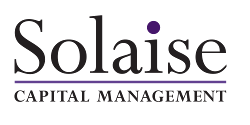
|
Quantitative research of investment strategies based on macroeconomic relations to predict future movement in different asset classes from commodities to fixed income.
The final application of our research plugs into Solaise's systematic trading system where the decision making is fully automated.
|
|
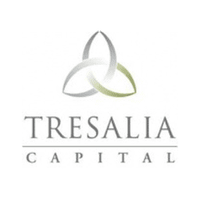
|
Building macroeconomic analysis systems for aiding the strategic decision making of a diversified portfolio of investments.
|
Examples of Research Projects
For top-level decision makers
|
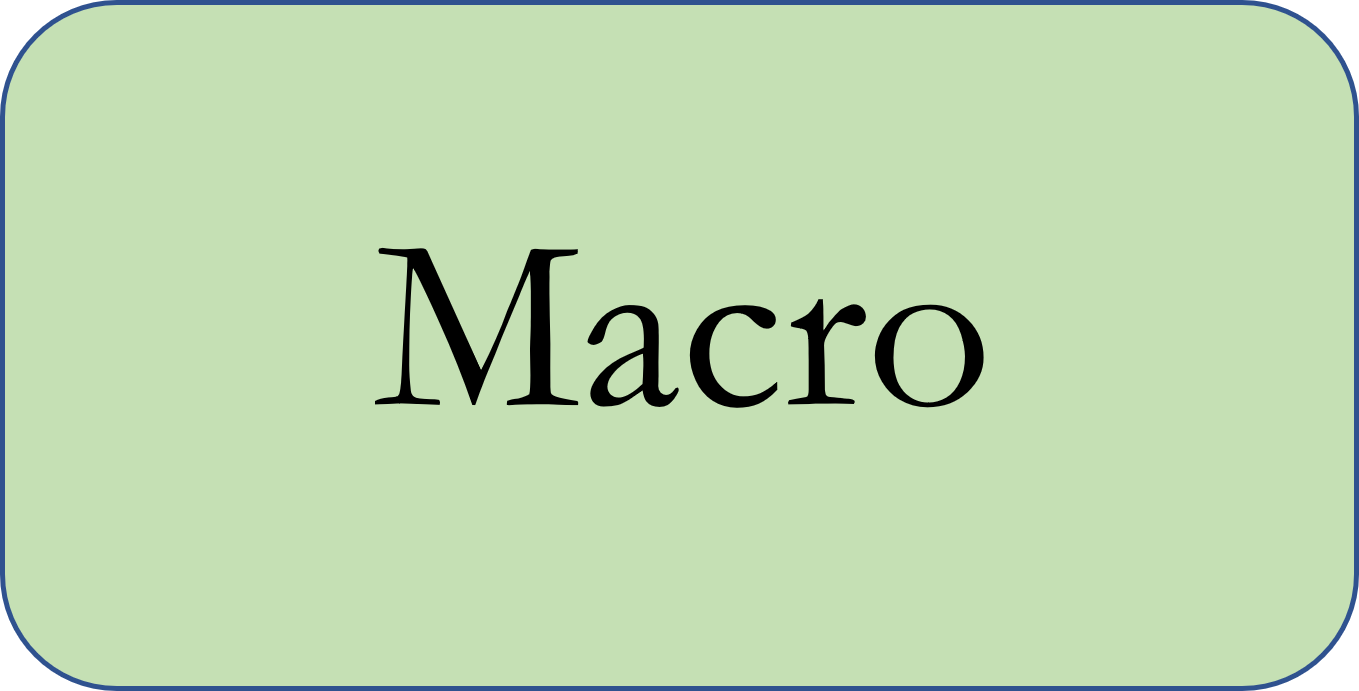
|
- Research project to anticipate energy prices (oil prices), metals prices and other commodities based on macroeconomic quantitative research .
This type of research is aimed at building automated decision-making solutions for trading or risk management.
- Macroeconomic research to anticipate inflation, bond yields, market volatility, economic recessions.
|
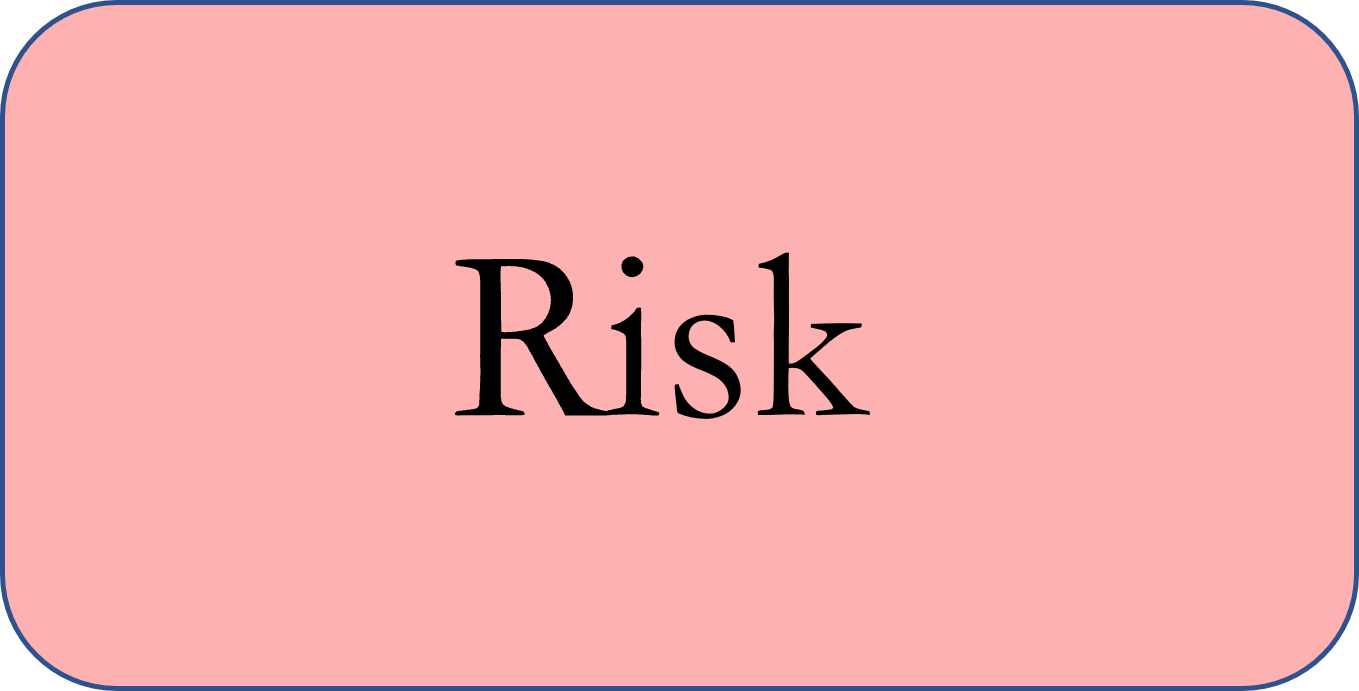
|
- Development of realistic scenarios for financial risk management.
With our macroeconomic analysis tools we can help our clients be aware of unexpected risks and the probable timing of those risks.
- As an example, the risk of an Asian economic crisis due to the slowing down of the Chinese economy from 2020 onwards is still not appreciated by investors.
Since 2017 we could clearly see that China's demographic slowdon coupled with the rising debt would lead to a large correction from 2020. The implosion of Evergrande is the "canary in the coal mine" for the coming crisis.
We believe that investors should take seriously the risk of a Chinese implosion and its wider consequences for the region and the world.
|
|
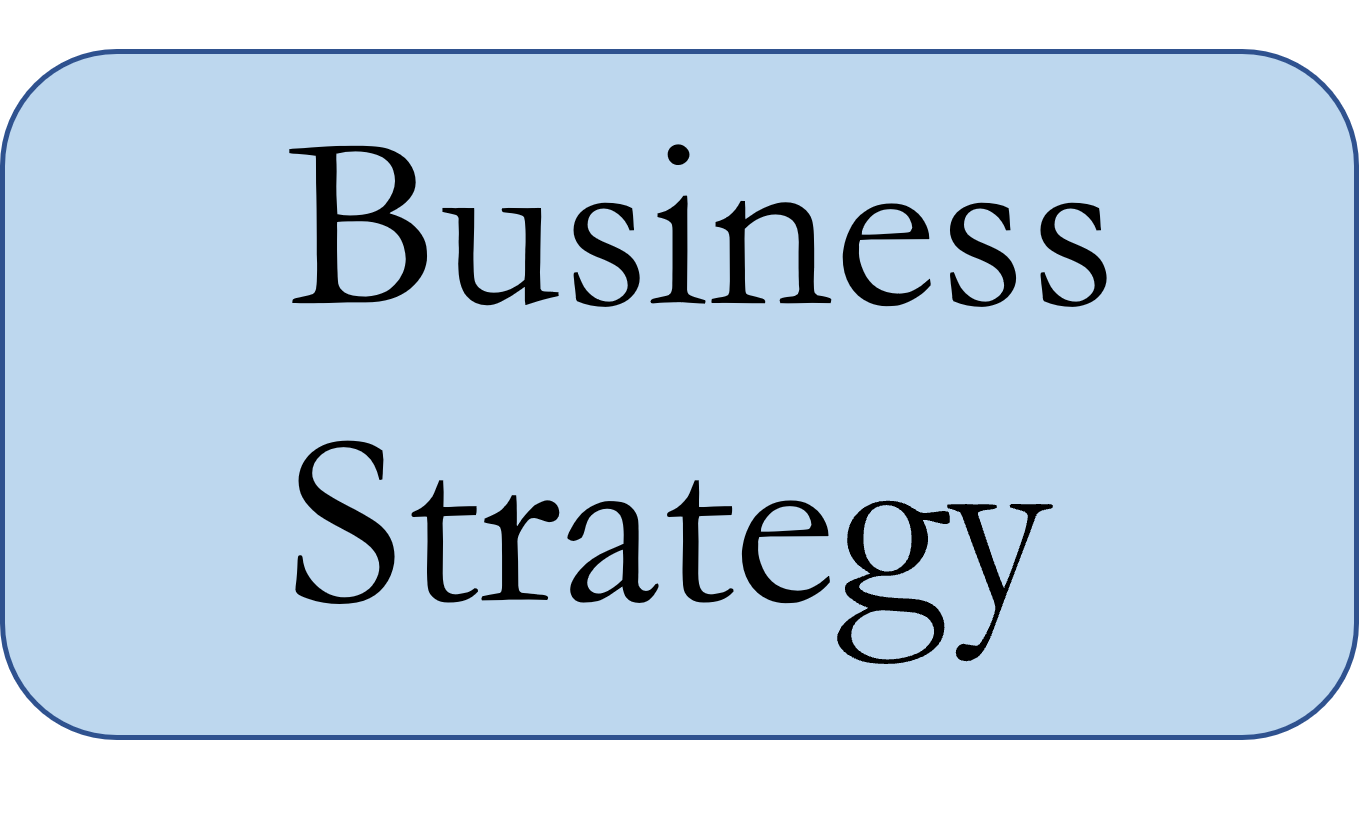
|
We answer the difficult questions: How can we project motorbike sales up to 2050? How many diapers will be sold in China until 2050?
These are the kind of questions we use our macroeconomic analysis and insights to answer.
We work with our clients to identify the factors that affect product sales growth and then project them into the future.
The knowledge we build gives our clients a competitive advantage relative to their competition as they can see where things are going and adapt and transform their strategy beforehand.
|
|
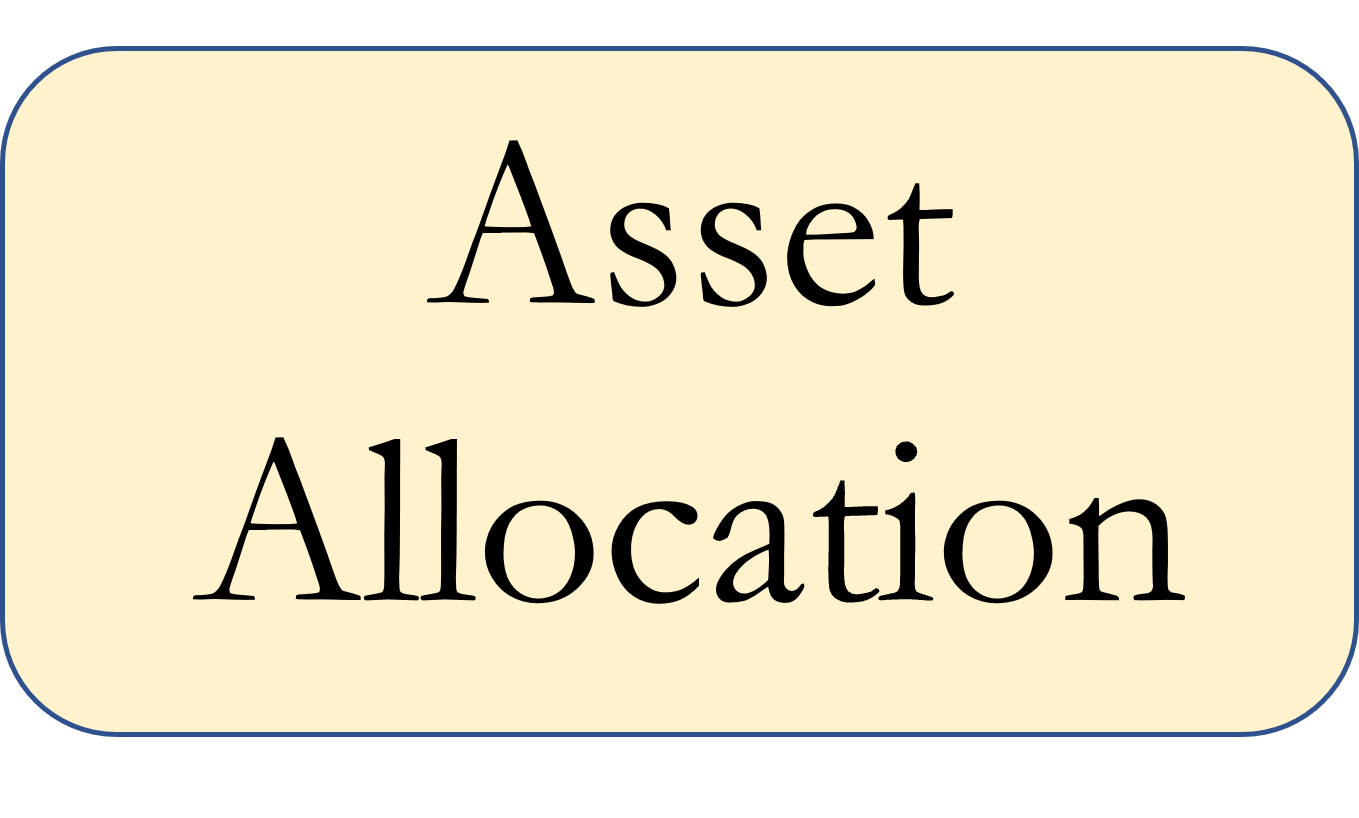
|
Our macroeconomic research tools can be used for strategic and tactical asset allocation decisions.
Our inflation research can be used to help our clients adjust their portfolios for a world where inflation is re-emerging as a considerable risk to their purchasing power.
Our demographics research can help our clients find growth in a world of ageing and declining populations.
Our economic cycle research can provide our clients a tools for tactical asset allocation decision making.
To make decisions such as: When to hedge, when to take risk and when to prefer defensive assets.
|
|
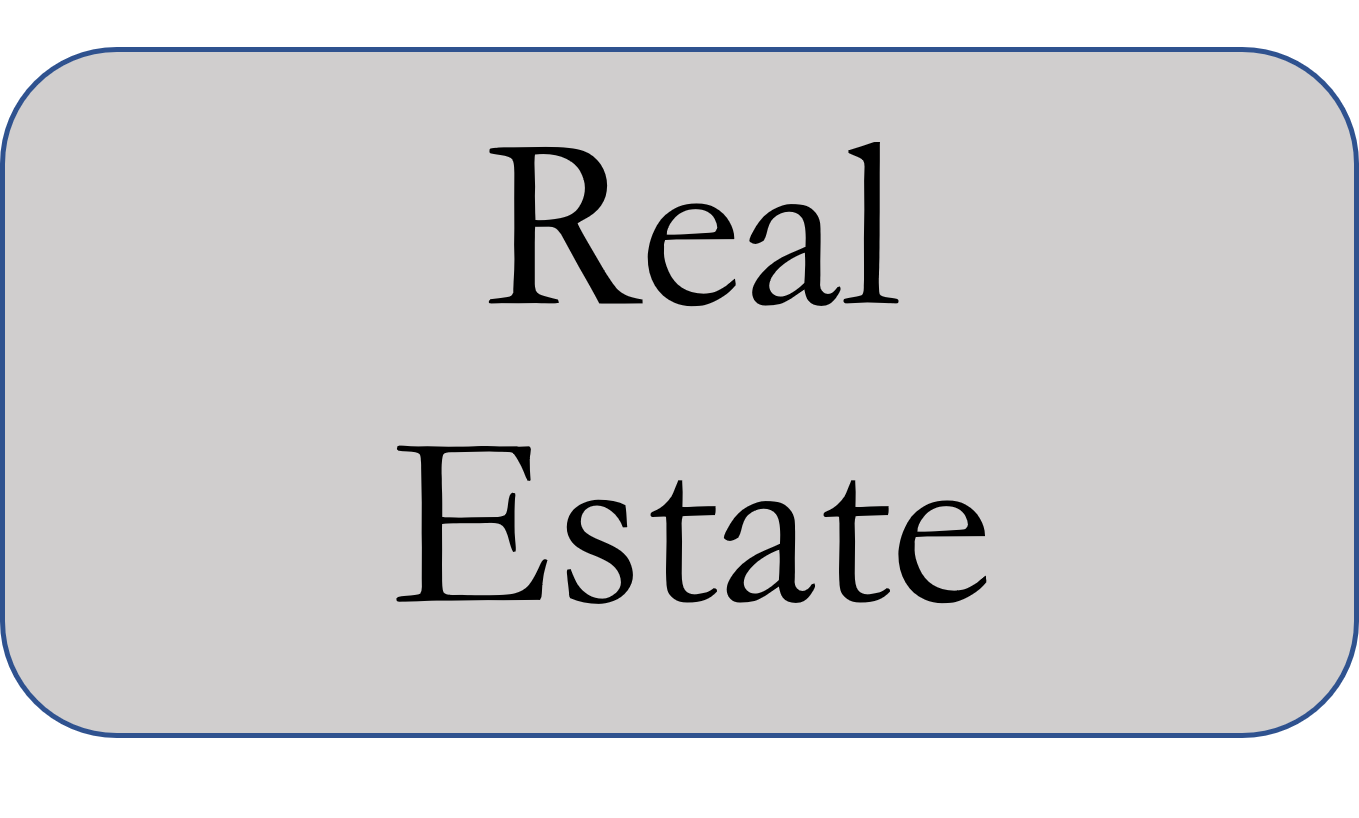
|
Our research adds value to real estate decisions at a macro level.
Real estate investments are typically longer term which means that information regarding longer-term factors such as GDP growth, demographics, and inflation add immense value to the decision-making process before going into the local level.
Our economic cycle indicators also give our clients a tactical edge on decision making, as the entry or exit point are crucial in the final value of the project.
|
THE TEAM
Photo Credit: Claire Taibi
Message from Carlos Alegria, PhD (CEO)
Back in 2008, at the onset of the US housing crisis, I was still working at a London-based hedge fund.
Despite being the biggest crisis since the 1930s Great Depression, almost no-one “saw” it coming,
and I realised that in a world awash with data and information, we are actually LESS informed regarding what decisions to make.
With more and more data and information being splashed across our media devices, it becomes ever more important to answer the question:
How do we separate information (signal) from noise? My passion is to fill this gap.
Apart from developing critical research skills over years of doing multi-disciplinary research,
I also believe that providing independent and un-biased research is key to supporting decision-making processes at the highest levels of organisations.
 PHINANCE TECHNOLOGIES
PHINANCE TECHNOLOGIES










